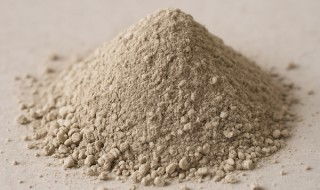The Mineral Products Association (MPA) has published its 2018 Annual Performance Report which presents data on the UK cement industry's contribution to the economy in 2017. Cement production in the UK fell by 3.4 per cent compared to 2016 to 9.5Mt of production, while cement sales were 31 per cent higher than in 2012.
The UK cement industry continues to be successful in reducing costs and improving its carbon footprint by increasing energy efficiency, using alternative fuels instead of traditional fossil fuels, and utilising renewable energy sources. In 2017, the cement industry used a huge 1.5Mt of waste and by-products from other industries through co-processing.
In 2017, direct emissions of CO2 per tonne Portland cement from the UK cement industry were 25 per cent lower than in 1998 and 0.4 per cent lower than in 2016. Use of waste derived fuels increased to 44 per cent of the thermal input, with waste biomass fuels composing 18.3 per cent of the thermal input to the cement manufacturing process.
Dr Richard Leese, Director, MPA Cement welcomed the report saying: "This report highlights the continued commitment to sustainable development of our five UK Portland Cement producers. It demonstrates that UK cement production is at the heart of the UK’s circular economy by adding value, through recycling and recovery, to society’s waste. However, the industry continues to face strong competition from imports, not least because of the cumulative effect of UK environmental policies and taxation. With a supportive policy framework the UK producers are ready to supply the housing and infrastructure aspirations of a low carbon UK economy through the solutions that our downstream products can deliver to the built environment."

Atlas Metals signs GBP1bn deal to secure pozzolan reserves
Atlas Metals Group plc has entered into a conditional agreement to acquire Universal Pozzolanic ...